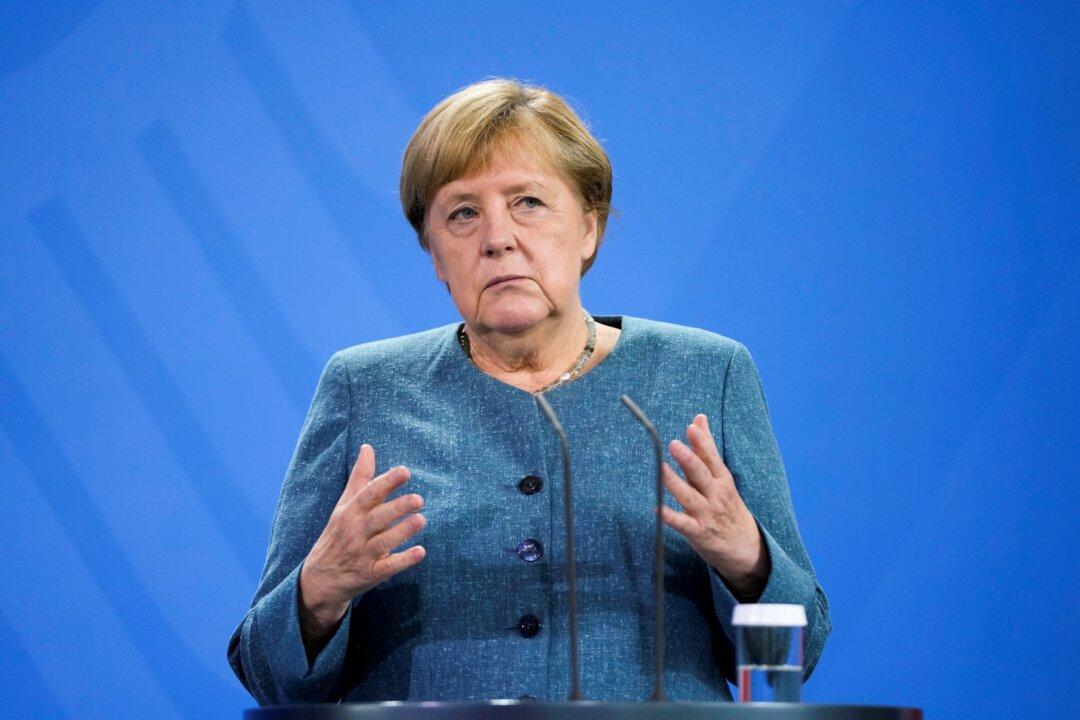Commentary
Politicians who aspire to lead their centre-right parties into the deep left might first consider the electoral cataclysm that has taken place in Germany over the past six years.

Politicians who aspire to lead their centre-right parties into the deep left might first consider the electoral cataclysm that has taken place in Germany over the past six years.